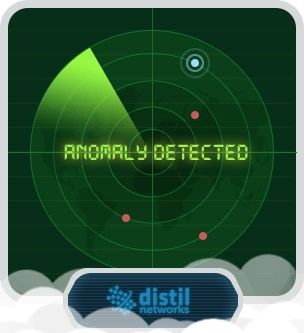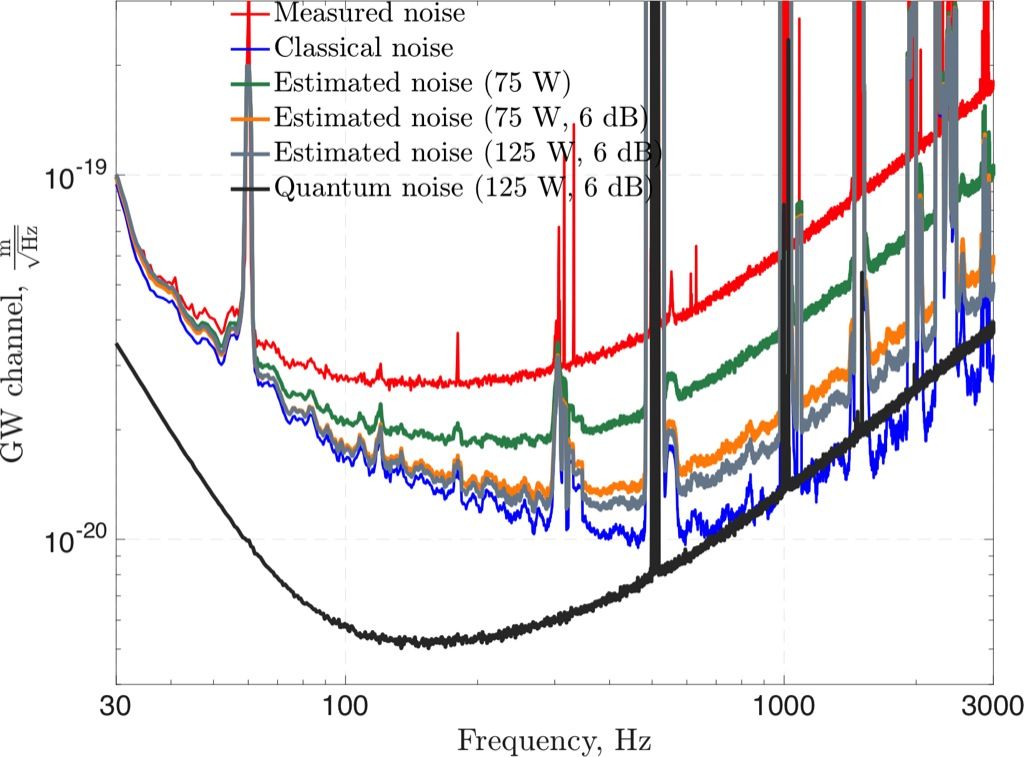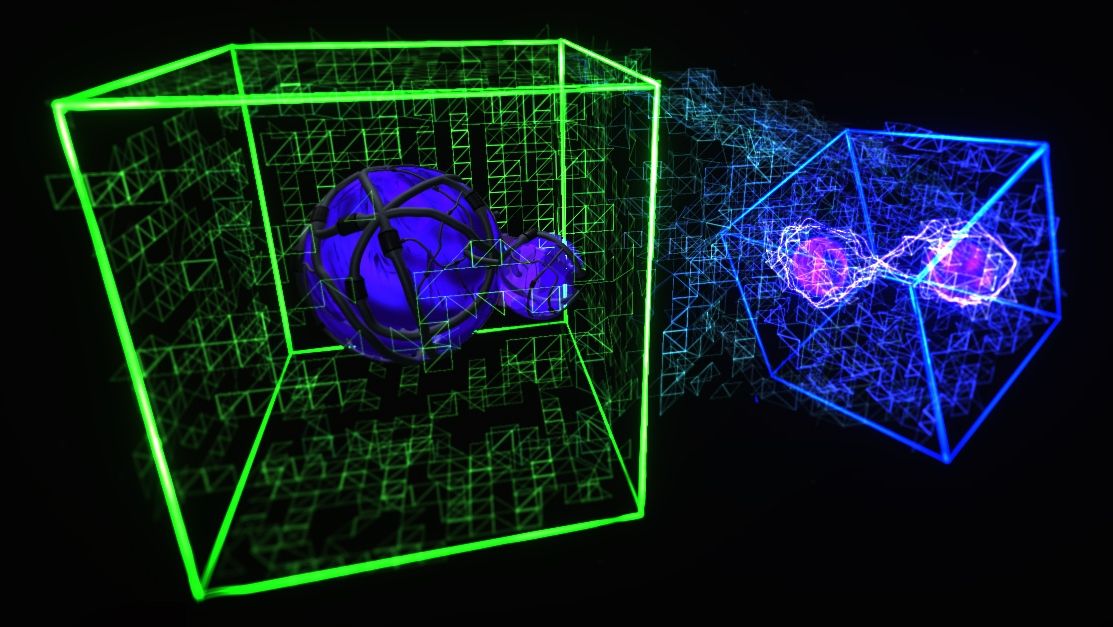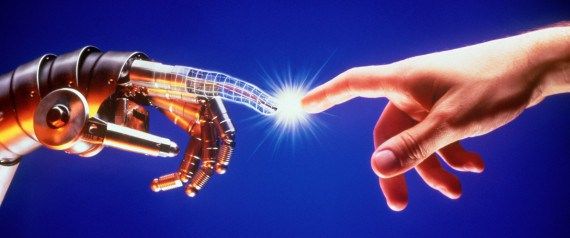Feb 13, 2017
DARPA to brief industry on RadioBio program to communicate biologically using radio waves
Posted by Karen Hurst in categories: employment, military, quantum physics, robotics/AI
While everyone is worried over Robots and other AI systems taking our jobs and do we need universal income; I want to use my energy to change the world and the people in it to be better, stronger, and smarter.
Definitely Quantum (Quantum Bio) at work here due to the experiment program write up for the RFP targeted cell to cell communications and leveraging electromagnetisms to do so. And, that is Quantum Mechanics at work.
ARLINGTON, Va. – ARLINGTON, Va. U.S. military researchers will use an online Webcast to brief industry later this month on a new initiative to determine if humans and other living things can communicate with one another biologically with radio waves without the use of conventional antennas or RF transmitting equipment.

















